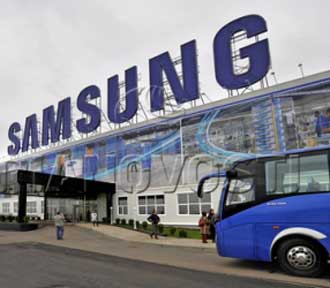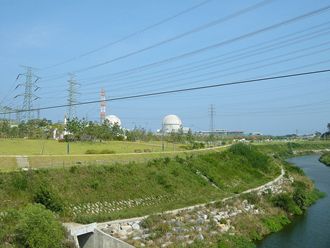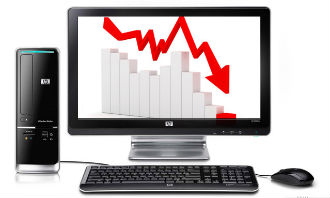 Sword Active Risk, a UK supplier of specialist risk management software and services, has appointed its first reseller in South Korea.
Sword Active Risk, a UK supplier of specialist risk management software and services, has appointed its first reseller in South Korea.
Based in Seoul, SNS Eng Ltd will be responsible for developing and growing the market for Active Risk Manager in South Korea. The new agreement is part of Sword Active Risk’s strategy to extend its global reach by working with its partner network to provide users of Active Risk Manager with local risk expertise and support, letting them “drive more value” to the business from an investment in risk.
SNS Eng provides specialist enterprise risk management and systems engineering consulting services to its customers in the defence, aerospace, railway, plant, steel and engineering sectors, services which complement and are supported by Active Risk Manager. High profile clients of SNS Eng include: DAPA, ADD, KARI, HHI, DSME, HHIC, STX, KRRI, KAERI, KEPCO E&C, Hanwha, Hanwha System, KRISO, and Hyundai Wia.
I’m sorry, I don’t know what these abbreviations stand for, but there sure are a lot of them.
Park Jong-sun, CEO of SNS Eng said: “There is a growing realisation by leading organisations in South Korea that enterprise risk management supports better business decisions and ultimately helps to create better stakeholder value. Being able to provide this powerful software platform, Active Risk Manager, will enable us to provide advice and guidance to our clients that is ultimately actionable, which gives us a huge advantage.”
Charlie Longridge, Director of Partnerships for Sword Active Risk commented; “We are delighted to be working with the team at SNS Eng. Their specialist knowledge and contacts within the local market will enable us to gain traction within this vibrant and growing economy. Our co-marketing programs have been designed to enable our resellers to add value to the Active Risk Manager proposition, increase sales engagement with their customers and to provide significant additional revenue opportunities.”
This agreement follows on from the launch of Sword Active Risk’s Partner Program for Risk Consultants which was announced in July 2017 and, it’s claimed, further underlines the company’s stated commitment to and participation in the risk community.











